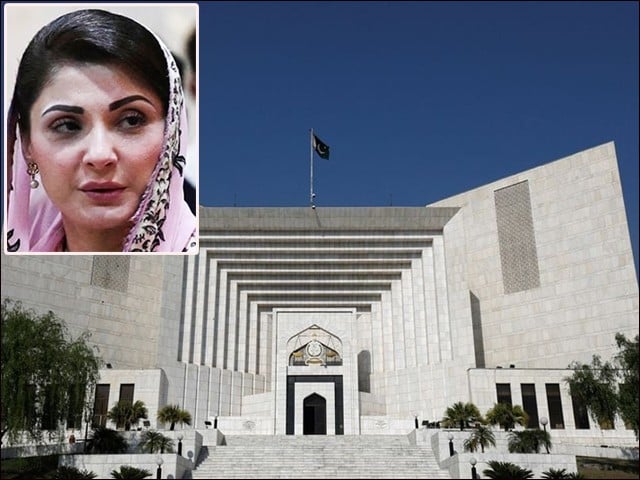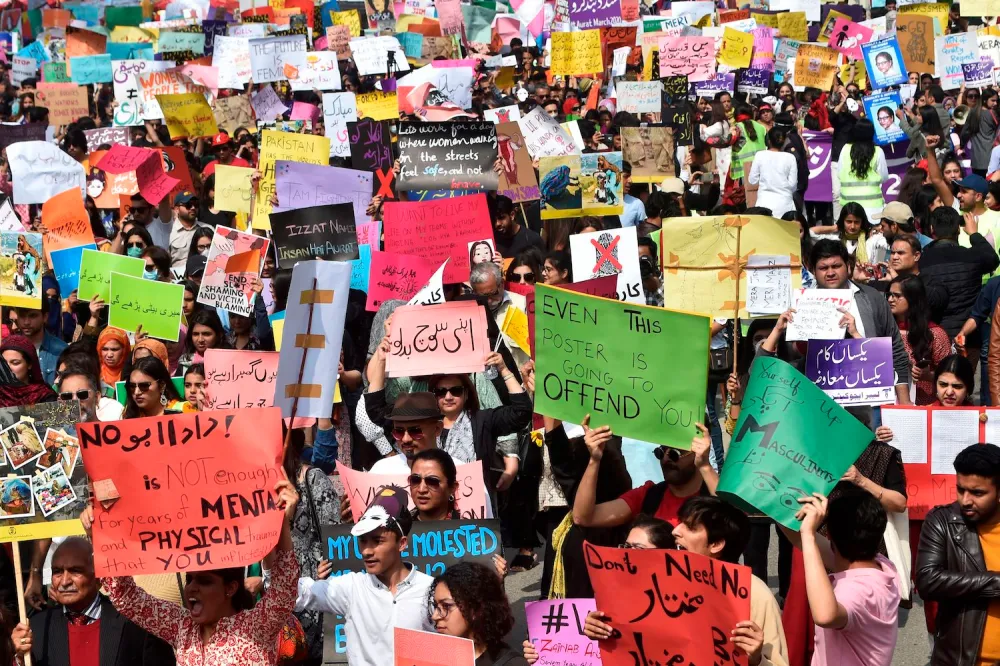Shazia Masood Khan
Political values are the bedrock of any society, guiding its political discourse, shaping its institutions, and influencing the decisions that shape its future. They represent the fundamental principles and beliefs that underpin a governance system, reflecting the collective ideals and aspirations of its citizens. These values serve as a compass, directing the course of political action and providing a framework for evaluating the legitimacy and effectiveness of political systems.
Key Political Values:
A multitude of political values exist, each carrying its own significance and nuance. However, some core values transcend specific political ideologies and stand as pillars of a just and equitable society:
- Freedom: The fundamental right to self-determination, the ability to live one’s life without undue restrictions, and the freedom of expression, assembly, and association.
- Equality: The recognition of equal worth and dignity for all individuals, regardless of their background, beliefs, or circumstances. This encompasses equal opportunities, equal treatment under the law, and the absence of discrimination.
- Justice: The pursuit of fairness, impartiality, and the upholding of rights. It entails ensuring that individuals are treated justly and that those who violate the law are held accountable.
- Democracy: A system of governance in which power is vested in the people, exercised through elections and representative bodies. It emphasizes citizen participation, transparency, and accountability.
- Human Rights: The inherent rights and freedoms that belong to every person, regardless of their nationality, ethnicity, religion, gender, or any other status. These rights encompass fundamental protections such as the right to life, liberty, and security of person.
The Perils of Personalized Politics:
The personalization of politics, the tendency to focus on individual personalities rather than substantive issues and values, poses a significant threat to the moral, democratic, and political foundations of governance. When politics becomes a spectacle of personalities, rather than a forum for debating ideas and policies, it undermines the very essence of democratic discourse and erodes public trust in institutions.
Erosion of Moral Values:
The personalization of politics often leads to a decline in the emphasis on moral values and ethical conduct. Politicians may prioritize personal gain and self-promotion over upholding ethical standards, fostering a culture of corruption and cynicism. This erosion of moral values undermines the integrity of governance and breeds a climate of distrust among citizens.
Undermining Democratic Principles:
When political discourse revolves around personalities, rather than substantive issues, it weakens the pillars of democracy. The focus shifts from informed debate and policy formulation to personal attacks and character assassination, diminishing the quality of political decision-making and hindering the pursuit of common goals.
Threats to Political Stability:
The personalization of politics can also threaten political stability. When political figures cultivate personal loyalties and rivalries, it can lead to factionalism, division, and even violence. This erosion of political cohesion weakens the foundations of governance and can plunge societies into turmoil.
Safeguarding Political Values:
To safeguard the moral, democratic, and political values of governance, it is crucial to refocus political discourse on substantive issues and principles. Citizens must demand that their elected representatives engage in meaningful discussions about policies, programs, and the future of the society. The media must play a critical role in holding politicians accountable, scrutinizing their actions, and highlighting the impact of their decisions on the lives of citizens.
Political values are the lifeblood of a just and equitable society. By upholding these values, we can foster a governance system that serves the common good, promotes the well-being of its citizens, and secures a brighter future for generations to come.

















































